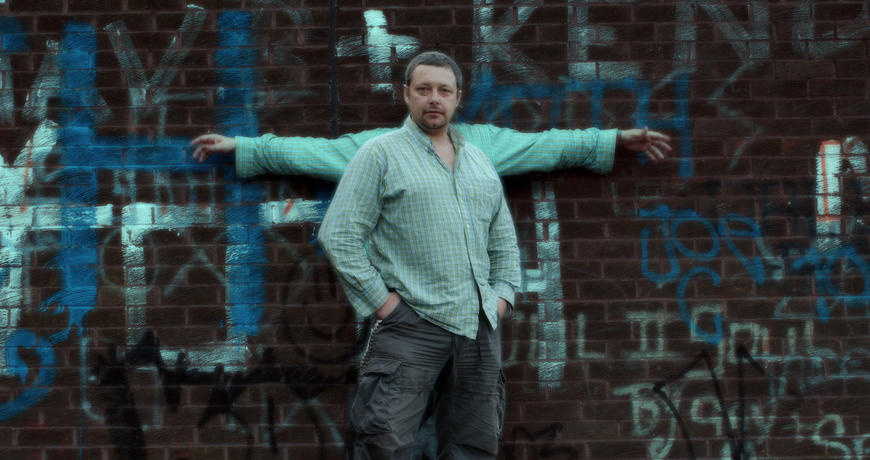


Some films will be shown with English subtitles. All screenings will be accompanied by a hosted film discussion in German, in some cases with the director.
Limited number of participants.
Information and registration:
p +43 664 24 500 90
education@steirischerherbst.at
Participation is free of charge.
In collaboration with the Duisburg doxs! institution the documentary film programme for children and young people is taking place for the ninth time at the 2015 steirischer herbst. On show are films that use a visual language and aesthetic that appeal to a young audience and at the same time negotiate topics related to the main theme of the festival, “Back to the Future”. The aim is to present different documentary film cultures and narrative strategies in contemporary film and to work on skills for a reflective and autonomous handling of the film medium.
Learning has always had a good reputation. Educating oneself and acquiring knowledge is seen as making someone more intelligent and mature. The idea of growth not only keeps the engine of the economy running smoothly, but is also the mantra of individual self-optimisation. Preserving and gaining knowledge, ideally all of one’s life, is regarded as valuable in itself.
This year’s film programme turns the tables, questioning the faith in progress of our knowledge society: what becomes visible when we focus on forgetting instead of learning? Postcolonial theorist Gayatri Spivak, for example, calls on us to “actively forget the potent distinctions and power relations that we have always known”. Forgetting, then, can be a useful strategy for getting rid of supposed certainties and inherited social burdens. But who decides which values should survive or be regarded as obsolete after a change of perspective?
The protagonists of the films take an ambivalent view of the legacy of traditions, goals and possibilities left behind by parents and society – environmental problems, pressure of expectations or difficult conditions of life force young people to take a stance opposing former generations. Leaving home, questioning family attitudes, and a lack of understanding about how ecological resources are handled challenge adolescents to develop new perspectives early on in their lives. Where there’s a need for room for different ideas, things get tight for the tried and tested. This is where forgetting comes in – as an appeal to consciously refuse an inheritance.
What we forget as children, we will have left behind us when we get older. It’s time to clear out.
Mon 28/09, 09.00 – 10.30
Suitable for age 12+
Followed by a hosted film discussion with Bernd Sahling
Hosted by Roman Fasching
Tur 29/09, 09.00 – 10.30
Suitable for age 14+
Followed by a hosted film discussion with Viktor Nordenskiöld and Karin Fisslthaler
Hosted by Roman Fasching
Wed 30/09, 09.00 – 10.30
Suitable for age 16+
Followed by a hosted film discussion with Emilie Blichtfeldt, Saskia Gubbels and Karin Fisslthaler
Hosted by Petra Erdmann and workshop participants „Die Kunst der Moderation“
Thu 01/10, 09.00 – 10.30
Suitable for age 10+
Hosted by Gudrun Jöller
Fri 02/10, 09.00 – 10.30
Suitable for age 8+
Hosted by Gudrun Jöller
Curated by Gudrun Sommer
In cooperation with doxs! / Duisburger Filmwoche